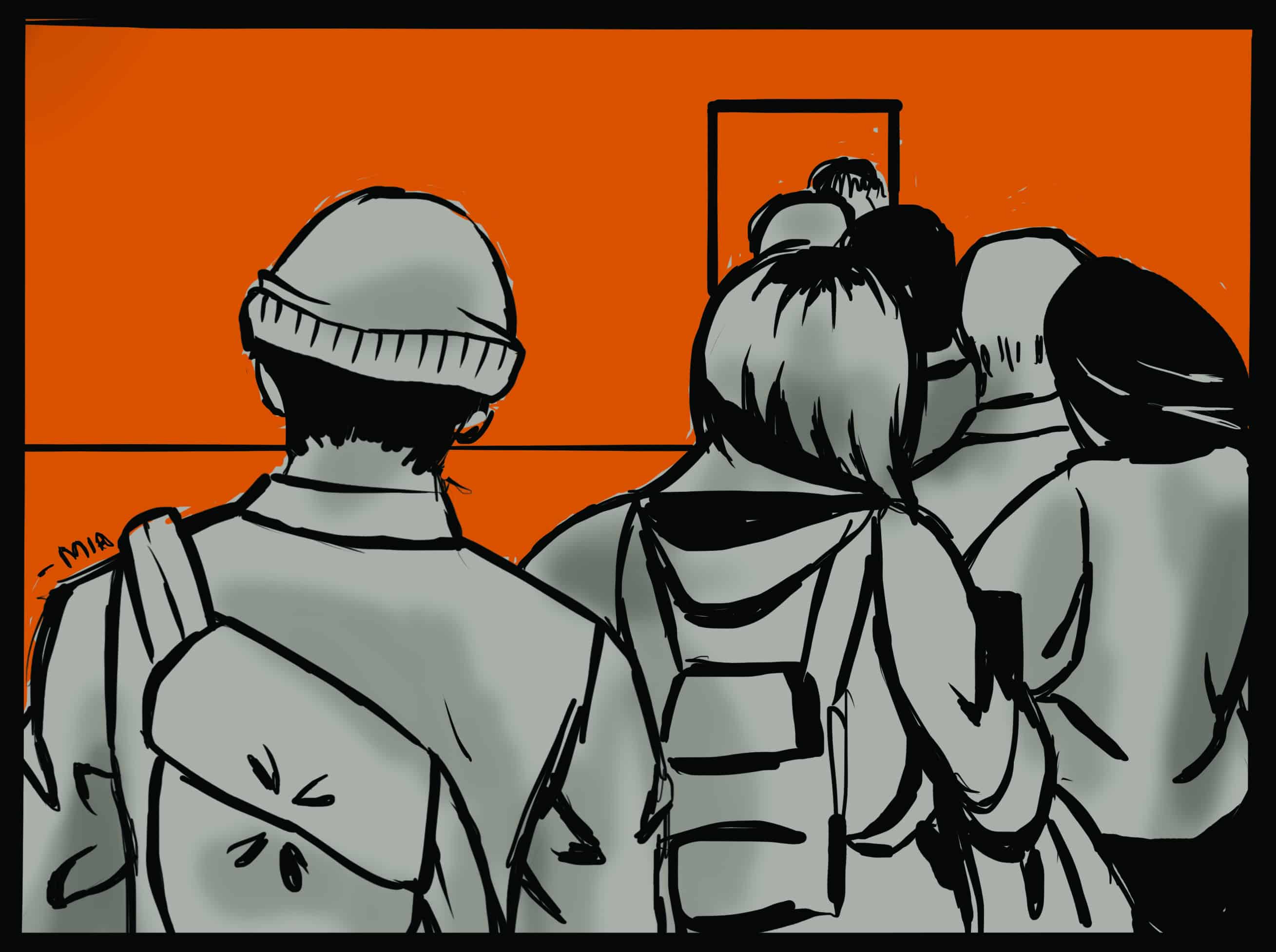A 2016 survey conducted by the Canadian Association of College & University Students Services estimated that nearly a fifth of Canadian post-secondary students struggle with mental health. The University of Toronto is certainly not an exception to this; its intense, competitive academic atmosphere can leave students feeling isolated.
The spontaneity of symptoms of mental health issues can make it difficult for students to complete their work on time or plan with professors for adjustments.
Mathias Memmel, President of the UTSU, told The Varsity, “The administration’s primary focus is academic excellence, sometimes at the expense of students’ well-being. U of T was one of the last universities to start taking mental health issues seriously.” Memmel added that things are slowly improving, but the university’s “instutitional priorities” remain a barrier.
U of T is obliged to follow the Accessibility for Ontarians with Disabilities Act, and it has committed itself to following the Ontario Human Rights Commission’s guidelines on accessible education. Internally, the university’s Statement of Commitment Regarding Persons with Disabilities states that “the University will strive to provide support for, and facilitate the accommodation of individuals with disabilities so that all may share the same level of access to opportunities, participate in the full range of activities that the University offers, and achieve their full potential as members of the University community.”
If you are a student struggling with your mental health, you are guaranteed fundamental rights to make education accessible. The following rights represent only a portion of those afforded to you.
You have the right to register with the Accessibility Services office on your campus. While you are required to provide documentation of your disability and its related functional limitations, you do not need to disclose your specific diagnosis to instructors.
You may have the right to make-up tests, extensions on coursework, alternative evaluation formats, and exam rescheduling. These adjustments are made on a case-by-case basis depending on your condition and recommendation from documentation from health providers.
You have the right to use service animals and support persons on campus. Possible exceptions are service animals being prohibited from areas where food is stored and served, and when their presence endangers another person’s health and safety.
You have the right to access Health and Wellness Centre services, which include individual psychotherapy, pharmacotherapy, and group therapy. Students with disordered eating also have the right to access a dietician on campus.
Finally, whether or not you have accessibility needs, you have the right to file a petition for extensions on term work and final exams or for other special circumstances. UTM and UTSC students can file with their registrar offices, and UTSG students can file with their faculty. If your petition is denied, you have the right to appeal.
For students who feel their rights have been violated, the Office of the Ombudsperson serves as an impartial, confidential, independent, and accessible third party. They analyze problems, identify possible solutions, and provide advice on how to proceed.
Memmel mentioned the UTSU’s recently-launched online help desk service, which aims to connect students to the right resources and provide one-on-one consultation for any academic, financial, or service issues they may experience.
Additionally, the Association of Part-Time Undergraduate Students (APUS) has formed a mental health coalition with the goal of presenting “a more student-focused and holistic set of recommendations to the University to address student stress and distress, and to advocate for better resources and supports for students.” Both the University College Literary and Athletic Society and the UTSU have mental wellness commissions, and the engineers’ Skule has a director dedicated solely to mental health initiatives for students in its faculty.
For crisis situations, more information on resources, or advice on dealing with mental illness, students can access Good2Talk, a helpline dedicated to student mental health, open 24 hours per day, 365 days per year.
Disclosure: Joshua Grondin is the Associate to the Vice-President External at the UTSU.


